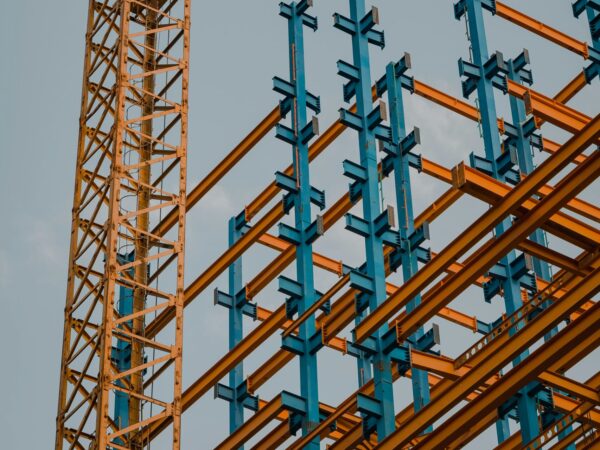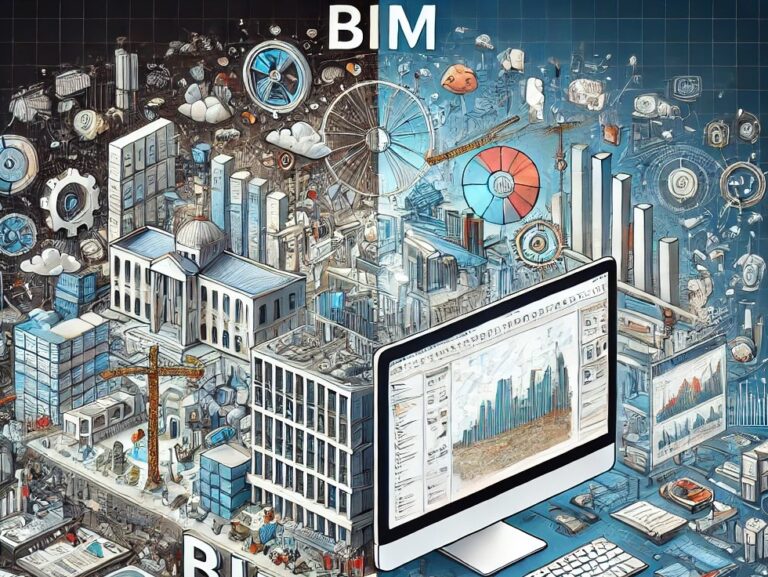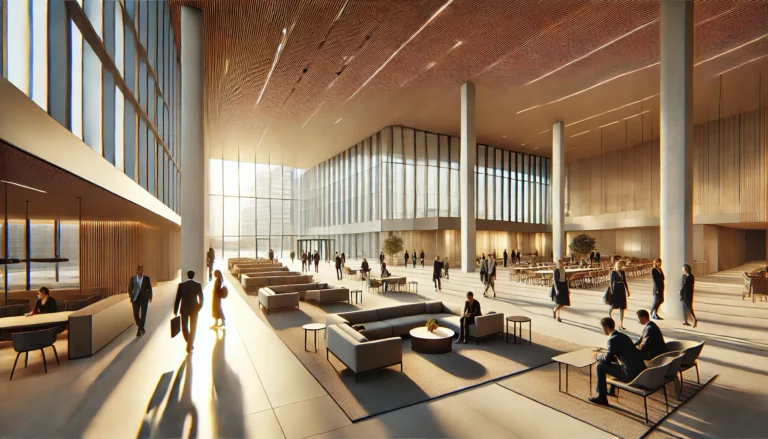BIM Library
The impact of BIM and digitalization will create a revolution in the construction sector

The construction industry, a cornerstone of the global economy, is undergoing a significant transformation. This change is driven by two powerful forces: Building Information Modeling (BIM) and digitalization. As we move through 2024 and into the future, these elements are not just influencing the sector; they are revolutionizing it.
The Power of BIM
BIM is more than just a three-dimensional design tool. It is a process that facilitates the generation and management of digital representations of physical and functional characteristics of places. BIM is changing how industry professionals view and manage construction projects, increasing efficiency and accuracy.
In the era of BIM, construction projects are no longer confined to blueprints and models. They are dynamic, digital, and data-driven. Every building detail, from its architectural design to its electrical wiring, can be modeled and managed in a BIM system. This level of detail and coordination leads to fewer errors, less rework, and a more streamlined construction process.
The Role of Digitalization
While BIM is transforming how we plan and manage construction projects, digitalization is reshaping every aspect of the construction process. Digital technologies are automating manual tasks, improving communication and collaboration, and enhancing decision-making.
Digitalization in construction comes in many forms. It includes using drones for site surveys, augmented reality to visualize projects, and artificial intelligence to optimize schedules and resources. These technologies are making construction safer, faster, and more cost-effective.
The Future of Construction
As we look to the future, the impact of BIM and digitalization on the construction industry will only grow. We can expect to see more integrated BIM systems, more advanced digital technologies, and increasingly sophisticated data analytics.
Construction companies must embrace these changes in this new era to stay competitive. Those who do will find themselves at the forefront of a more efficient, productive, and sustainable industry.
In conclusion, BIM and digitalization are not just transforming the construction industry. They are revolutionizing it. As we move through 2024 and beyond, we can look forward to a future where construction is more innovative, safer, and more efficient than ever. The revolution is here, and it is changing everything.








